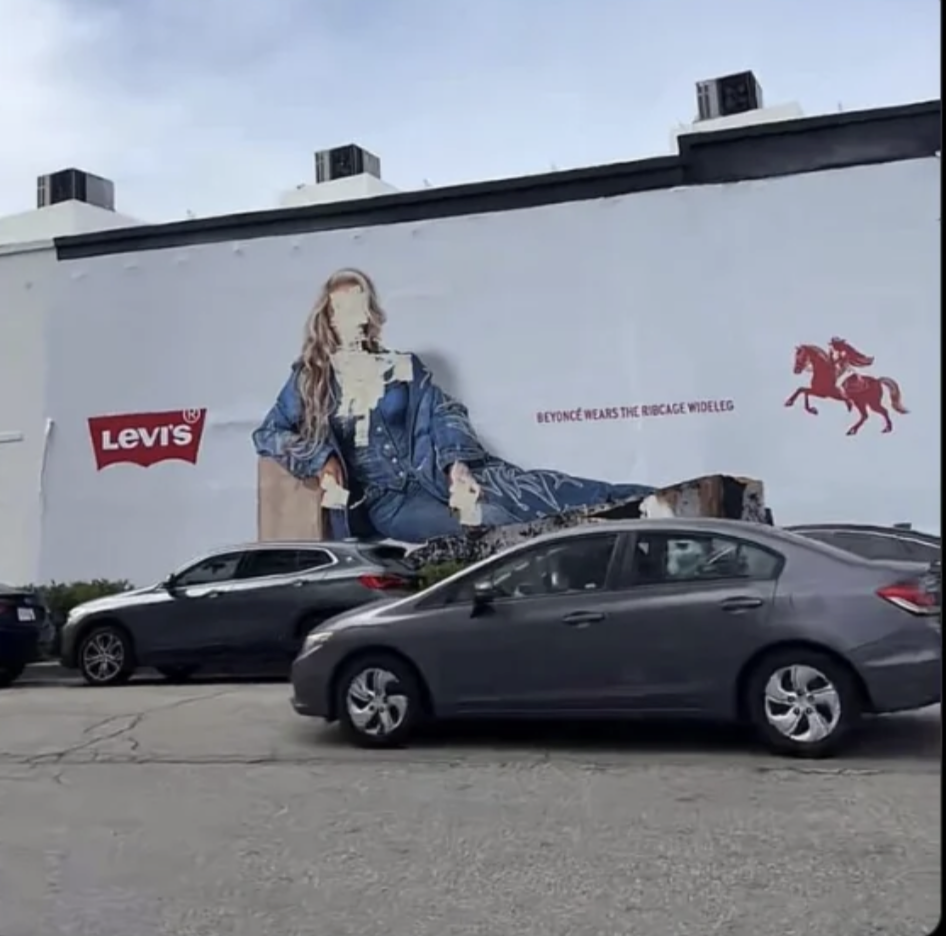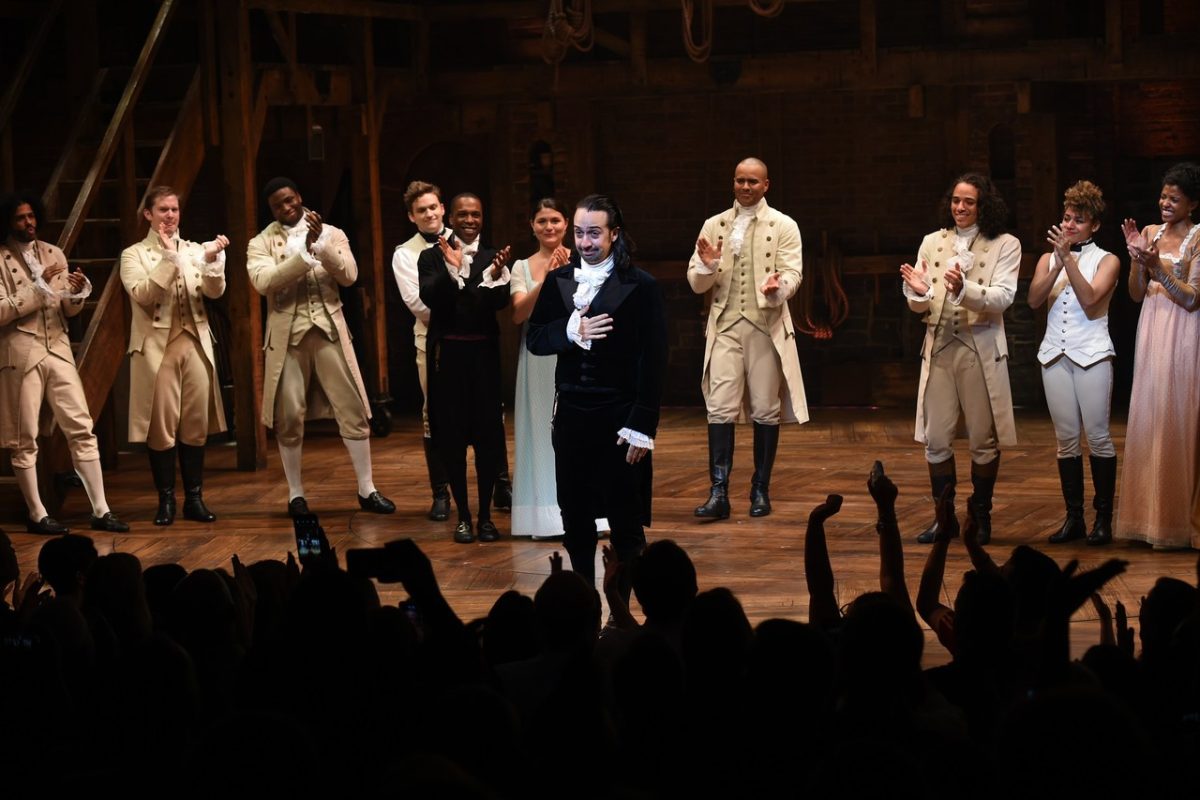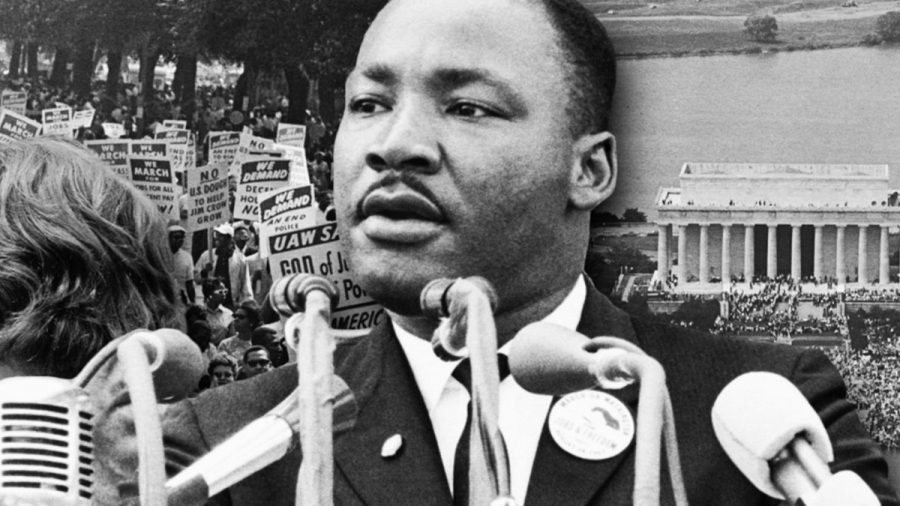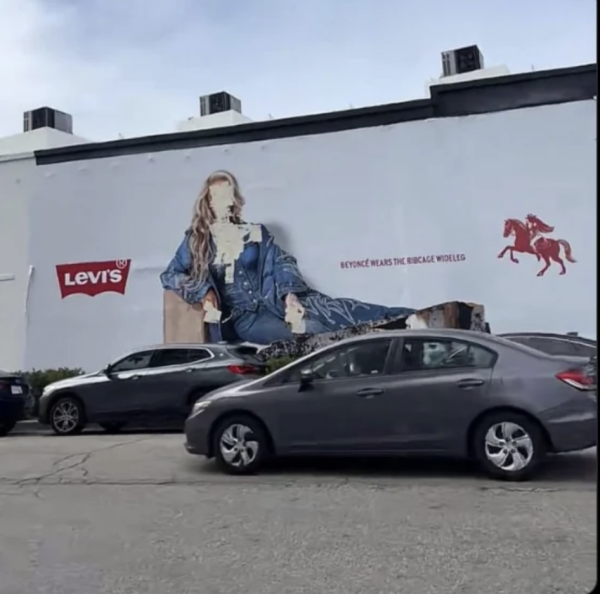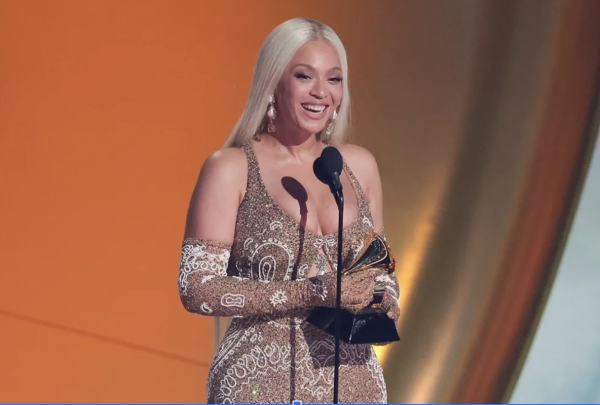Picking Up Where Dr. King Left Off
It’s not simply time to pick off where Dr. King left off, it’s time to revamp his movement in the hopes of a better future.
“It’s time to pick up where Dr. King left off”. A bold claim, but perhaps a necessary one given the current state of America’s racial tensions and race relations. With the innumerable deaths of young African American males for seemingly no logical reason and the racial rift that has only expanded since times of segregation, it may very well be time for the resurgence of more movements advocating for change like Black Lives Matter.
The question that will inevitably arise is how these movements will be different from their predecessors; That answer resides within how they address implicit bias. In a considerable amount of these cases in which young black males are killed, the perpetrator of the crime (often a white male) has fallen prey to implicit bias. This is evidenced by cases such as State of Florida (Jordan Davis) v. Michael Dunn, Missouri v. Darren Wilson, State of Florida v. George Zimmerman as well as the case of Tamir Rice. In each of these instances, a false perception of black men formed by implicit bias has resulted in a fatal shooting that could have easily been avoided if it weren’t for the ignorance of the officers. In the case of the State of Florida v. Michael Dunn, Dunn himself stated that Davis and his friends were listening to “thug music”, referring to rap. The belief that rap music is synonymous with thuggery isn’t innate with Dunn, rather he was fed this misinformation throughout his life to the point in which he believes it to be factual.
As long as the media continues to perpetuate stereotypes and portray blacks as nothing but poverty-stricken criminals that lack ambition and drive, the number of shootings will only increase. A study conducted by Narissra M. Punyanunt-Carter of Texas Tech University in 2008 effectively dives into the stereotypes presented in the media and how they impact modern society, and while her research may be eleven years old, it undoubtedly holds true today. According to Punyanunt-Carter, “Studies dealing with television portrayals of African Americans have also looked at the effects of viewing these images (e.g., Ford, 1997). Ford contended that Anglo-Americans, who have high exposure to negative television portrayals of African Americans, are more inclined to make negative assumptions about other African Americans. The false images of blacks depicted in television shows and films are greatly influencing a negative perception of African Americans, and the message that “It’s time to pick up where Dr. King left off” should be applied here.
The Black Lives Matter movement has caused plenty of controversy, some of that controversy being unnecessary and coming from individuals who oppose it simply because it supports black rights, but other sources of controversy stem from the fact that violence has played a large role in the movement. For instance, Black Lives Matter held a protest in Dallas, Texas in 2016. Initially peaceful, the protest ultimately ended in bloodshed when a supporter of the movement murdered five cops and injured several other on-duty officers. While that’s not to say that all members of the movement or even the majority are like this, it becomes an issue when members of an organization of change perpetuate the same stereotypes that they’re fighting (Black men are criminals, violent, thugs, etcetera).
I’m a fan of protesting, but there hasn’t been much change as a result of marching through streets and chanting for any movement in the 21st century. Picking up where Dr. King left off shouldn’t solely mean using the same tactics he did, but adapting to what is necessary in this era. Negative portrayals of black families should be shunned, films and shows that perpetuate them should be ignored and boycotted into cancellation, and the black community should continue to do its best to get supportive legislation passed in municipal governments and eventually seek federal changes if need be.
























